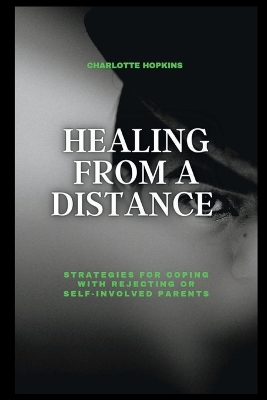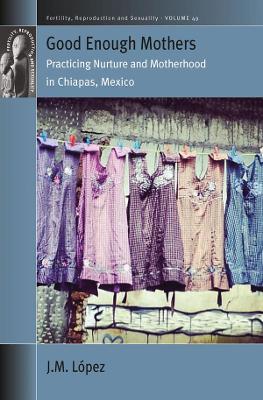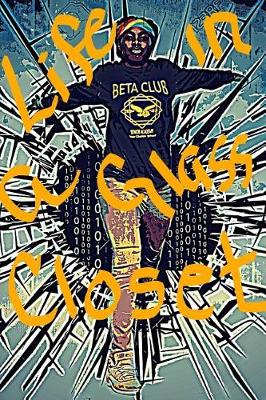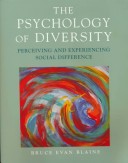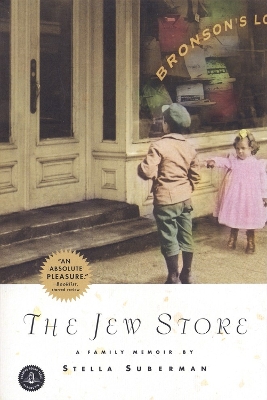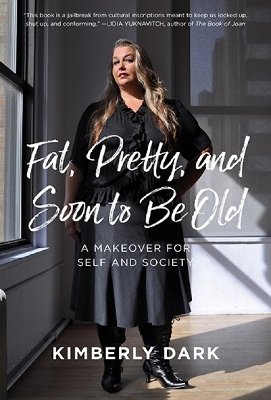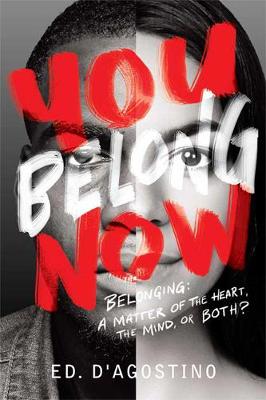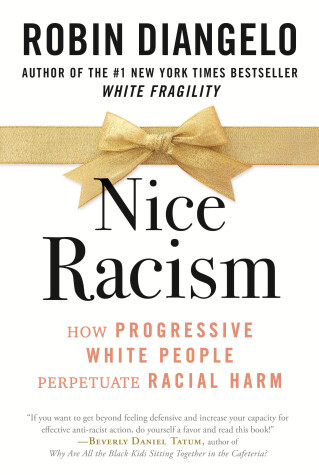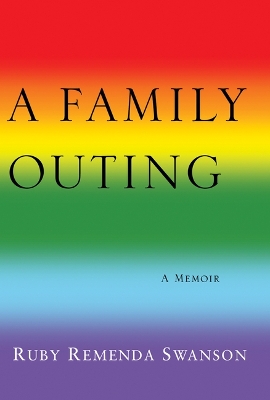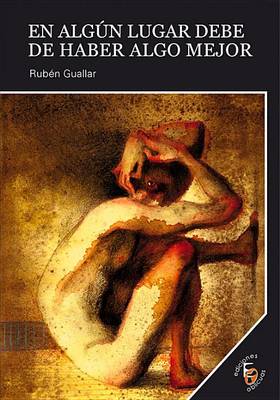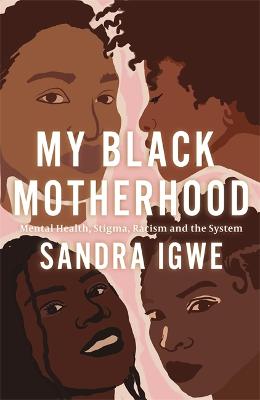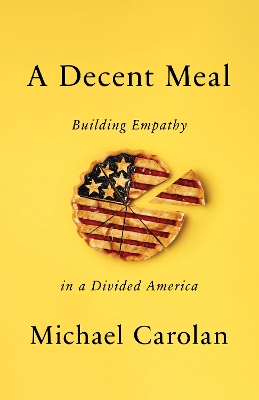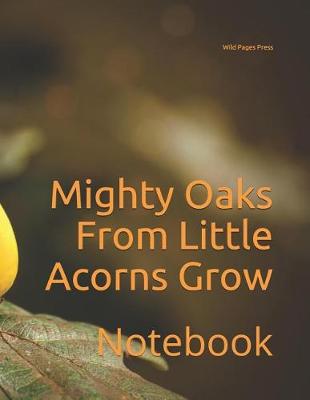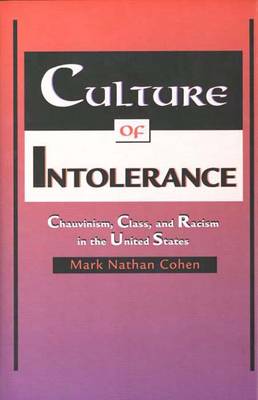Good Enough Mothers (Fertility, Reproduction and Sexuality: Social and Cultural Perspectives, #49)
by J M Lopez
Motherhood in Mexico is profoundly shaped by the legacy of colonialism. This ethnography situates motherhood in a critical global health analysis of maternal health inequalities and interventions in the southeast state of Chiapas. Using a transitional life course framework, it demonstrates how the transition to motherhood is never complete. Once a good mother is defined, she becomes undefined, the goal posts moved, and the rules confronted.
The Psychology of Diversity is a concise introduction to diversity in American society with an emphasis on the social-psychological perspective. This core text stresses the ways in which prejudice and discrimination are shaped by perception and group identities. Effective pedagogy includes Key Terms, Discussion Questions, a General Glossary, and an Appendix that lists Web sites relevant to race, class, and gender.
Psychology of Bias
The authors of this book examine the psychology of bias. Topics discussed in this compilation include biases in medical decision making; perceptual biases for the rapid detection of threats, their origin and implications for behaviour adaptability; the relationship between stimulus valence, emotional bias and behaviour; the bias toward cause and effect reasoning; the rightward perceptual bias for language processing; and the unseen role of juror bias implications.
Psychology of Stereotypes
A stereotype is a commonly held public belief about specific social groups or types of individuals. This book presents current research in the study of stereotypes, including speech pathologists stereotyping stutterers; stereotype formation in children; the social neuroscience research applied to the study of stereotypes; Western societies' ageism stereotyping in the workforce; gender relationship portrayal in sport advertisements perpetuate sexist stereotyping; the psychological implications of...
"For a real bargain, while you're making a living, you should make also a life." --Aaron Bronson In 1920, in small-town America, the ubiquitous dry goods store--suits and coats, shoes and hats, work clothes and school clothes, yard goods and notions--was usually owned by Jews and often referred to as "the Jew store." That's how Stella Suberman's father's store, Bronson's Low-Priced Store, in Concordia, Tennessee, was known locally. The Bronsons were the first Jews to ever live in that tiny town...
Recognizing Microaggressions (Racial Literacy)
by Nadra Nittle
NEW YORK TIMES BESTSELLER Building on the groundwork laid in the New York Times bestseller White Fragility, Robin DiAngelo explores how a culture of niceness inadvertently promotes racism. In White Fragility, Robin DiAngelo explained how racism is a system into which all white people are socialized and challenged the belief that racism is a simple matter of good people versus bad. DiAngelo also made a provocative claim: white progressives cause the most daily harm to people of color. In Nice R...
Joyful. Graceful. Blessed. Strong. Anxious. Depressed. Stigmatised. Stereotyped.What happens when motherhood isn't what you expected - and when you reach out for support, you are met with judgment and prejudice? Sandra Igwe shares her journey as a young Black mother, coping with sleepless nights, anxiety and loneliness after the birth of her first daughter. Burdened by cultural expectations of the 'good mother' and the 'strong Black woman' trope, her mental health struggles became an uphill bat...
A poignant look at empathetic encounters between staunch ideological rivals, all centered around our common need for food. While America's new reality appears to be a deeply divided body politic, many are wondering how we can or should move forward from here. Can political or social divisiveness be healed? Is empathy among people with very little ideological common ground possible? In A Decent Meal, Michael Carolan finds answers to these fundamental questions in a series of unexpected places: ar...
Americans increasingly blame the failures of minority individuals in society on racial inferiority. This book argues that the problems are cultural, not racial, and that they are rooted in the assumptions of mainstream American culture, not in the biological or cultural failings of others.

